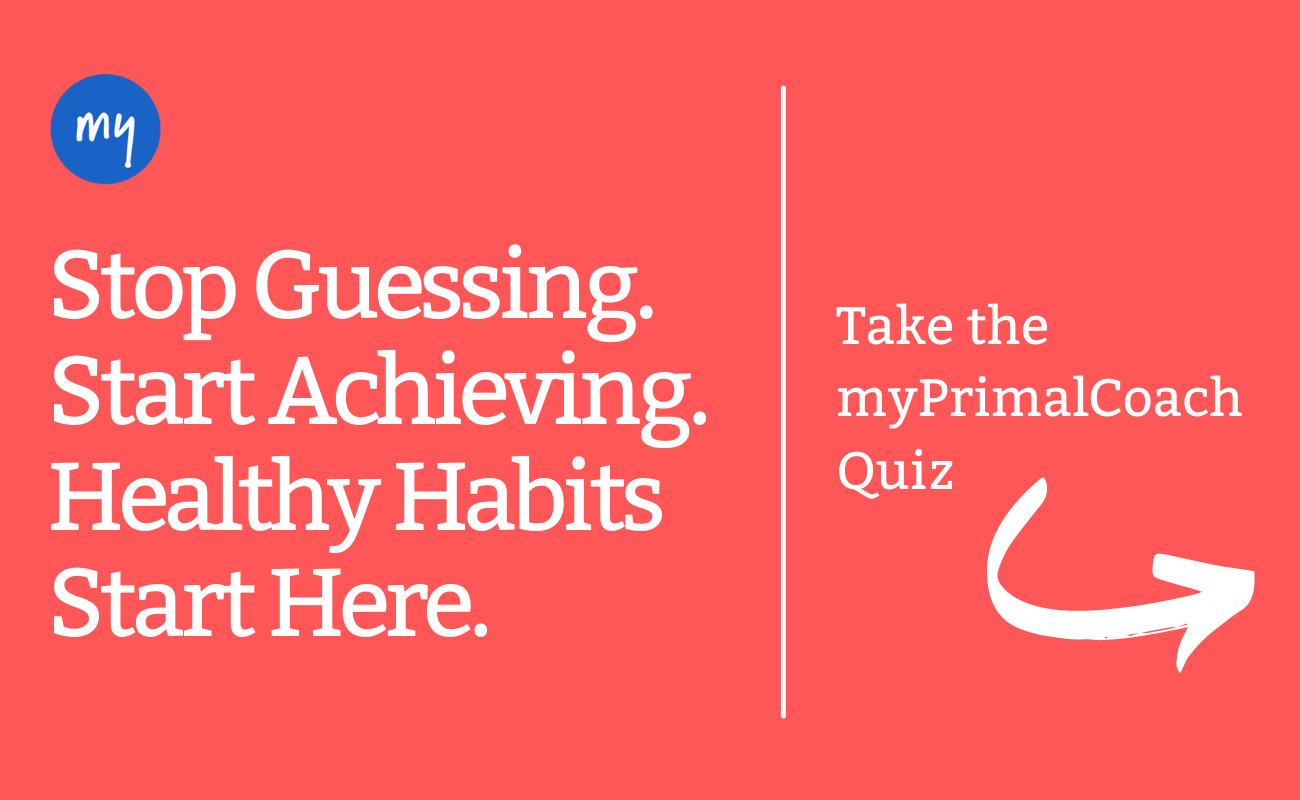If you want to establish a meditation and mindfulness practice, exploring the best mindfulness books for beginners is the perfect starting point. The premise of mindfulness is simple, yet the practice is easier said than done. A good book can offer a deeper understanding and help you figure out the best and most sustainable way to incorporate mindfulness in your life.

What Is Mindfulness?
While subjective in theory, mindfulness is the antithesis of the auto-pilot setting many of us walk around tuned in to. In a nutshell, it’s about being present and cultivating awareness around your thoughts, feelings, and bodily sensations. It requires self-reflection, acceptance of what is, and the art of not resisting.
The Insight Meditation Society is largely responsible for introducing the miracle of mindfulness to the United States in the mid-1970s. Zen meditation and practice swiftly grew in popularity as did the rise of mindfulness experts and meditation books.
Benefits of Mindfulness
While being more mindful may not offer a quick and easy fix to obtaining real happiness overnight, incorporating even small amounts of awareness into your day-to-day comes with a whole host of benefits.
A study published in 2021 found participants experienced improved mental health, lower levels of depression and anxiety, and a greater sense of purpose in life when engaging in a mindfulness practice.
A separate study conducted in 2015 concluded that mindfulness-based cognitive therapy reduced the risk of a relapse or recurrence of depression in participants. In fact, the cognitive therapy proved to be as successful as the use of maintenance antidepressants.
Mindfulness has also been proven to reduce blood pressure, relieve anxiety, lower stress and result in an overall happier lifestyle
Types of Mindfulness Practices
Experienced practitioners may be able to sit still and cross-legged on a pillow for long periods without a flinch, but there are a myriad of ways to incorporate the important practice that don’t require the discipline that comes from an extensive meditation path.
- Mindful games (body scan, coloring books, Sudoku, knitting, needlepoint)
- Walking meditation
- Short meditations (mantras, affirmations)
- Mindfulness exercises (yoga, tai chi, martial arts, qigong)
- 10-minute mindfulness (apps, guided videos)
- Mindful breathing
- Journaling
- Candle meditation
And if you’re unsure where to start, cracking a book open never fails.
7 Best Mindfulness Books for Beginners
No special pillow, incense, or yoga mat is required to get your meditation and mindfulness practice underway—just a bookmark and an open mind. If you’re looking to begin or expand upon your mindfulness practice, here are our top picks of the best mindfulness books for beginners to add to your bookshelf:
1. Best for Concise Classicists
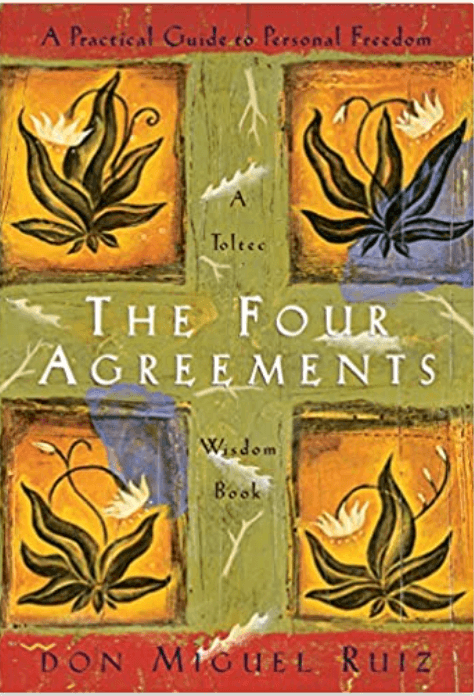
The Four Agreements by Don Miguel Ruiz
Starting with a classic, The Four Agreements is one of the most popular books on the subject. It’s a quick read that introduces four basic tenets of mindfulness to live by. These are not new concepts, by any means, but rather common knowledge we are raised with but easily forget as we travel the path of life. However, as the book digs deeper into each agreement with a practical angle, your adult self is reawakened to the simple laws of being true to oneself and the importance of showing up and giving your best. Practicing the principles of the agreements requires awareness of one’s thoughts, actions, and their impact on others.
This is one of those books you keep on your nightstand and revisit from time-to-time, discovering new and valuable insight with every read. With vast and varying life experiences under each of our belts, The Four Agreements is what you make of it. The reader will find what they need and what they are looking for within the lines.
2. Best for the Story Lover
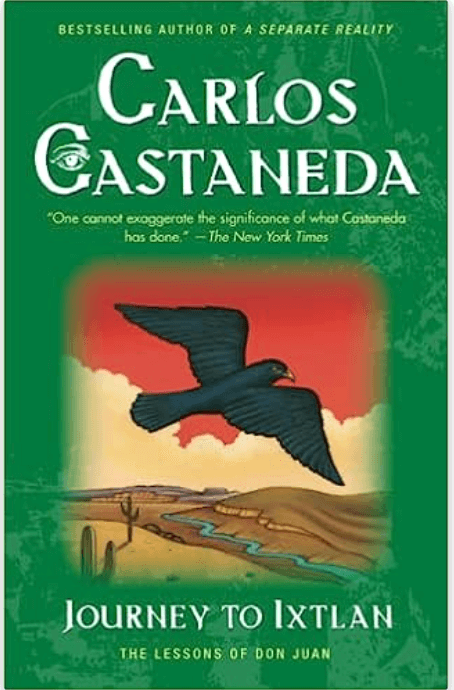
Journey to Ixtlan – Carlos Castaneda
In lieu of a list of principles, Journey to Ixtlan offers an engaging story that follows a man on his spiritual journey with the teachings of his spiritual leader. With a healthy dose of powerful yet simplistic revelations plus humor, the tale elicits feelings and empathy from the reader. This offers a connection with the characters that may make the message of the book more likely to stick with you than just reading about simple rules to follow. It’s a great coming of age book for those just finding their footing in the world of adulthood offering candid reminders such as:
- “You are too damn important in your own mind. That must be changed!”
- “Self-importance is another thing that must be dropped, just like personal history.”
But the straightforward writing proves just as valuable to fully fledged adults as a reminder that a mindful life requires awareness of your thoughts and all of their faults.
3. Best for the Student Seeking Self Development
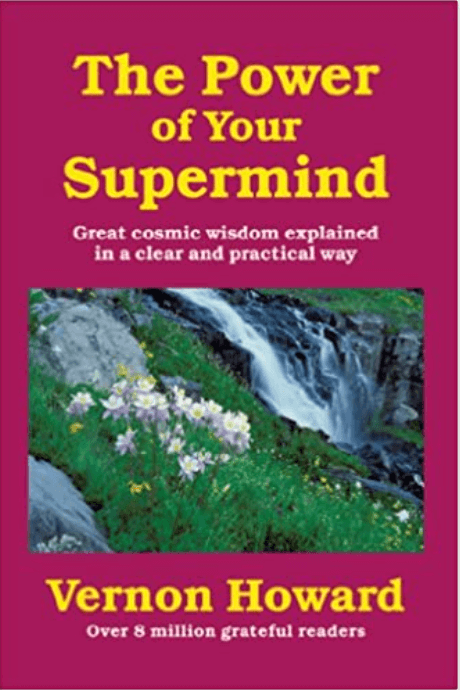
The Power of Your Supermind – Vernon Howard
Offering detailed tools to put into practice, The Power of Your Supermind is an excellent guide at rising above your thoughts. It’s a strategy for how to take a birds eye view of your life, both inner and outer, while practicing non attachment to what you see. It’s a guide to spiritual enlightenment that ultimately reminds the reader that all of your problems—and solutions—reside within you, and not external circumstances as we so often assume.
The ideas presented by the author are simple and easy to wrap your head around, such as, “Consistency comes when you get tired of the pain. When you finally discover that you are both your own pain and doctor, you can stay home and heal yourself.” and, “What you must do is become a passive observer of whatever passes across the theater of your mind.” But the text may offer different interpretations upon every reread.
The author draws upon a multitude of other schools of thought on philosophy, spirituality, and religion while weaving in Q&A where he breaks down the ideologies. Another mindfulness book worth a permanent spot on the nightstand, it’s a practical approach to freeing yourself from, well, you.
4. Best for Those Who Want to Explore Their Mind
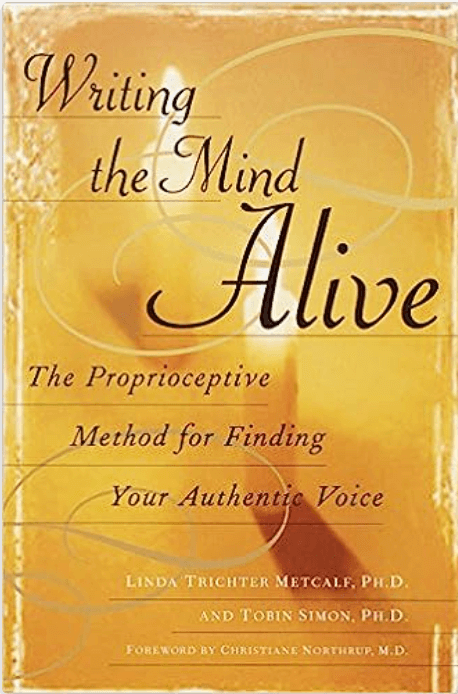
Writing the Mind Alive: The Proprioceptive Method for Finding Your Authentic Voice – Linda Trichter Metcalf (Author), Tobin Simon (Author)
Less experienced meditators will welcome the actionable steps outlined in Writing the Mind Alive. The book is a creative exercise that harnesses the power of putting pen to paper. There is a simple framework to the authors’ suggested method. The reader is instructed to set a timer for 25 minutes, light a candle, and put on some classical music.
With nothing but blank, unlined sheets of paper in front of you, you then just write what you hear in your mind in freeform. You’re urged to listen to what you write as you ask yourself probing questions about what you hear and the words you choose. Once the time is up, you’re given a set of concluding questions to help you probe deeper into the experience and your inner monologue.
There is a freedom in the tangible action of bringing your thoughts alive on unruled white paper with no prompt or even an overhead light. Sometimes an unstructured thought dump and examination of your trains of thought is the quickest path to clarity.
5. Best for Those Who Think Mindfulness Is a Little Woo Woo
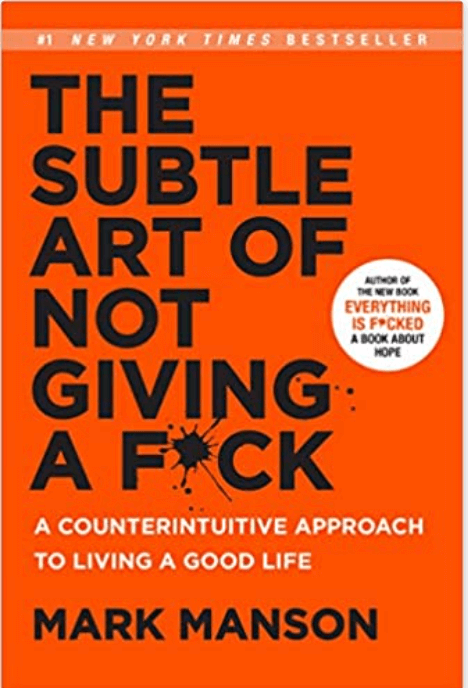
The Subtle Art of Not Giving a F*ck – Mark Manson
A more modern-day take on mindfulness and definitely not written by your quintessential mindfulness teacher, The Subtle Art of Not Giving a F*ck is an easy read—or perfect audiobook in the background—for any meditation skeptics. This isn’t a touchy-feely kumbaya book on mindfulness, and it’s not for everybody, but it is a straight to the point and authentic approach to the subject. It’s the antithesis to today’s excessive emphasis on positivity and participation trophy culture.
The overall message of the book doesn’t eschew the cold hard truth that life isn’t fair. These are not original thoughts as the author borrows from Buddha’s brain, but he offers helpful examples and practical ways of how to let go and surrender to what is.
The author weaves in humor and personal anecdotes while reminding the reader that the choice of what to consider important and worth giving a f*ck about is a personal one and in your control. It’s a reminder to prioritize what’s important to you and expend your energy there, while letting the rest figure itself out as it always tends to do.
6. Best for Rule Followers Looking for Inspiration
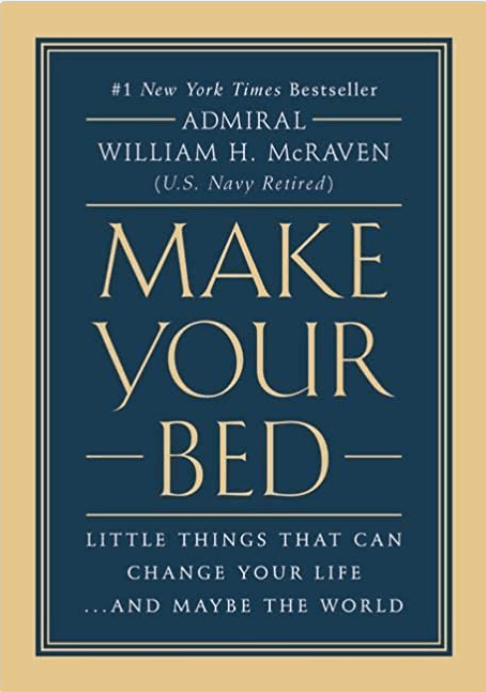
Make Your Bed: Little Things that Can Change Your Life…and Maybe the World – Admiral William H. McRaven
Make Your Bed is a quick and easy read that makes a beautiful, and useful, addition to your bookshelf. Written by a former U.S. Navy SEAL, it offers a gentle yet powerful reminder that habit is a harbinger of discipline and any mindfulness journey requires and thrives on both. Every task that one completes successfully—no matter how trivial—serves as an accomplishment that bolsters self-esteem and a sense of pride.
Each chapter offers advice of encouragement, wisdom, and honor from a seasoned and respected professional on how to tackle day-to-day challenges. The Admiral draws his teachings from the adversities he faced in his decades of service and applies them to the tests of life that we all face using a real-world mindfulness approach. Something as simple as making your bed in the morning can snowball into a whole day of accomplishments to be proud of.
7. Best for Children (and Adults Who Need a Nudge)
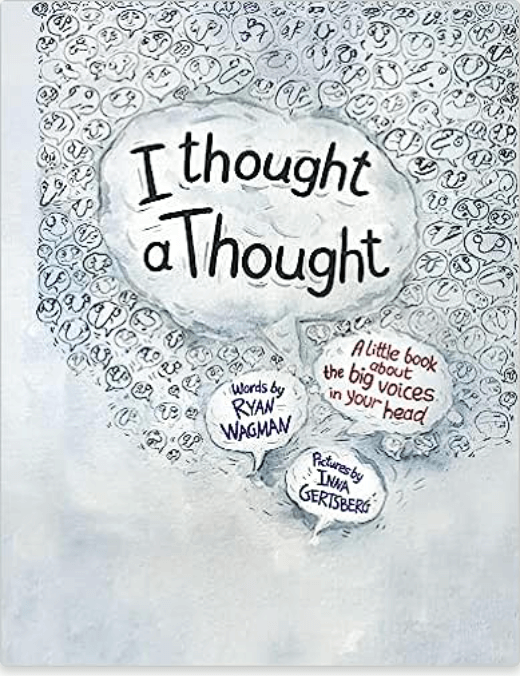
I Thought a Thought – Ryan Wagman (Author), Inna Gertsberg (Illustrator)
Sometimes brevity is best when it comes to the heavy stuff. Leave it to a children’s book to perfectly encapsulate the art of mindfulness in just a handful of oversized glossy pages. Negative and intrusive thoughts are brought to life with delightful illustrations and the accompanying rhyming prose that orders them to go away. I Thought a Thought breaks down mindfulness into its basics while tying in the root cause of such negative thoughts—self-esteem.
The book offers up a fun way of teaching kids (and reminding us adults) that we’re running the show, and the power to send those little inner nagging naysayers on their way lies within us. It’s a great introduction for kids to that oft-needed moment of pause to reflect and address the thought instead of listening to it. More often than not, the thoughts we think aren’t even true. A mindfulness book fit for the ultimate beginner, indeed.
Summary
A more mindful path in life is really what you make of it. Our best mindfulness books for beginners offer a comprehensive place to begin your mindfulness journey. And whether you’re looking to dive in and establish a daily habit, learn some meditation techniques or start a meditation practice, or are seeking a mindfulness-based eating solution, your overall health and well-being is part of the equation. A myPrimalCoach can help guide you with practical exercises, daily activities, and simple practices to help you reach your health and wellness goals.

